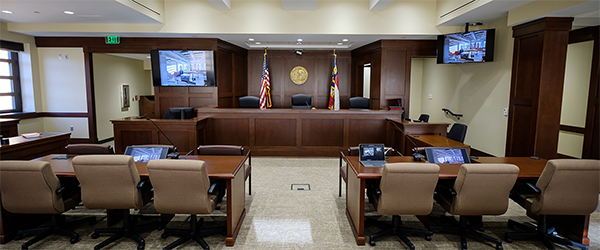Criminal lawyers are trial lawyers who either prosecute or defend individuals accused of committing a crime.
Criminal lawyers usually work in one of three capacities: (1) As a prosecutor who works on behalf of the "people" and is employed by the executive branch of the local, state, or federal government and prosecutes those charged with crimes; (2) As a public defender who is typically employed by the judicial branch of a local, state or federal public defenders’ office and represents those individuals accused of crimes who cannot afford a lawyer; and (3) As a criminal defense lawyer who works in the private sector and represents the accused in the wide spectrum of criminal charges that may range from a speeding ticket to a capital murder case.
Because criminal law has an entirely different set of procedures than does civil law, and each jurisdiction (federal and each state) has unique rules of evidence and procedure, a criminal lawyer must be well-versed with the nuances of the applicable rules, along with the constitutional implications that arise whenever the government accuses an individual with a crime due to the potential loss of liberty or even life.
A criminal litigator's success in court may turn on their ability to connect with the jury. As a result, criminal lawyers must also understand the nuances of jury selection and persuasion to be able to meet or challenge the high burden of proof—beyond a reasonable doubt. Some criminal litigators also represent their clients through their appeals. As a result, these litigators also need to be well-versed in appellate advocacy. Many aspiring criminal lawyers gain useful experience in the field by clerking for a trial court judge.
Courses
Courses designated as "primary" are foundational, while those listed as "secondary" contain relevant and related content. "Co-curricular" courses are credit-bearing extra-curricular activities, while "experiential" courses are practice-based offerings. Please keep in mind that the focus of any course will vary depending on the instructor.
Primary Courses
Secondary Courses
Experiential Courses
Co-Curricular Activities
Faculty
The following faculty are knowledgeable about the topic and may be a useful resource for you.
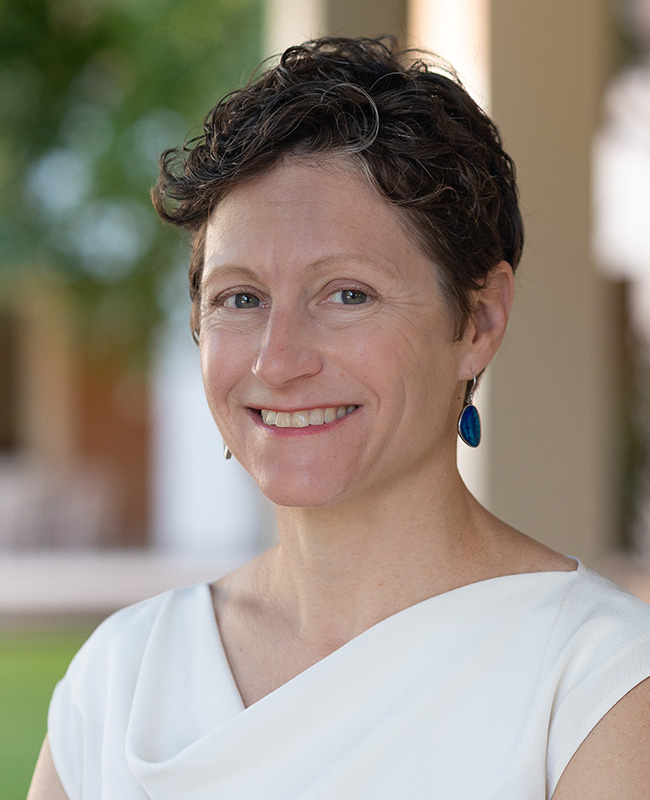
Associate Professor of Law
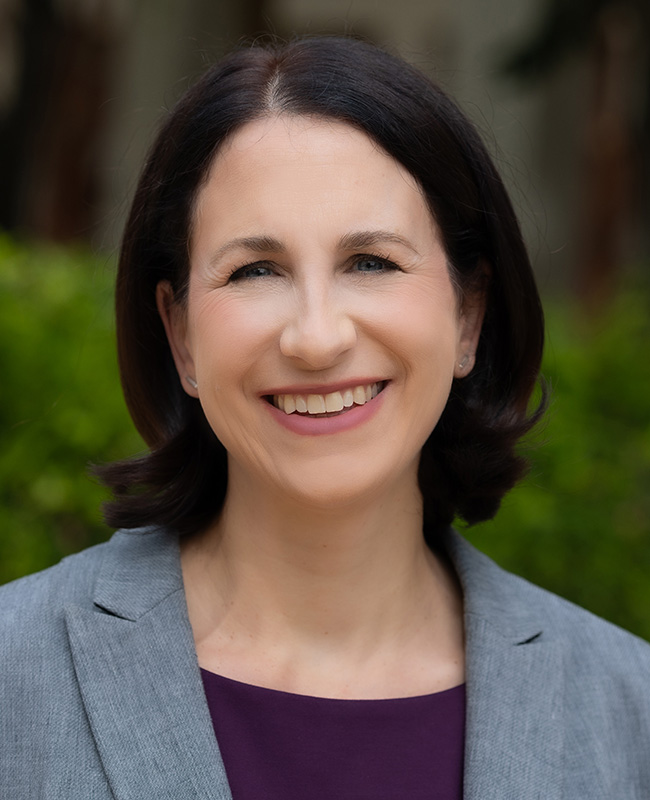
Professor of Law
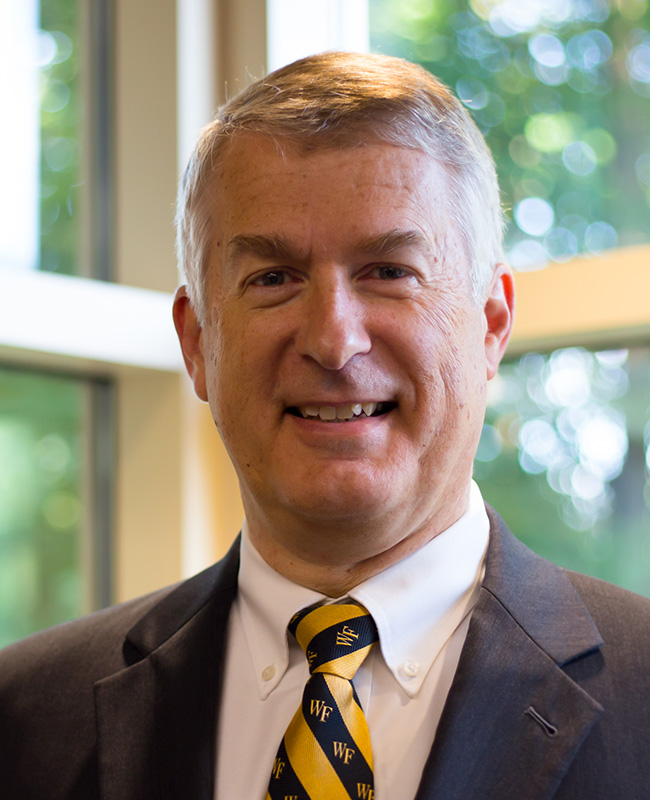
Associate Professor of Legal Writing

Assistant Clinical Professor of Law
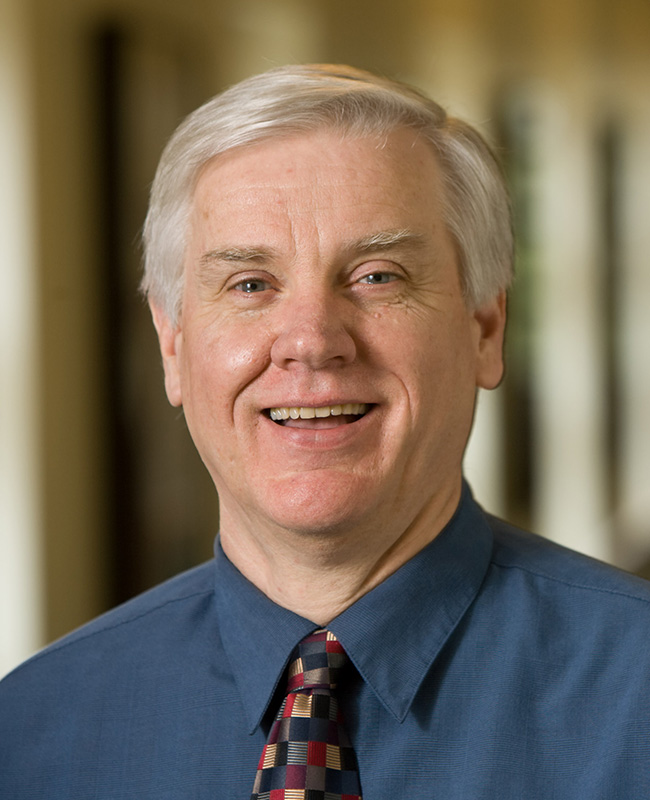
Professor of Law
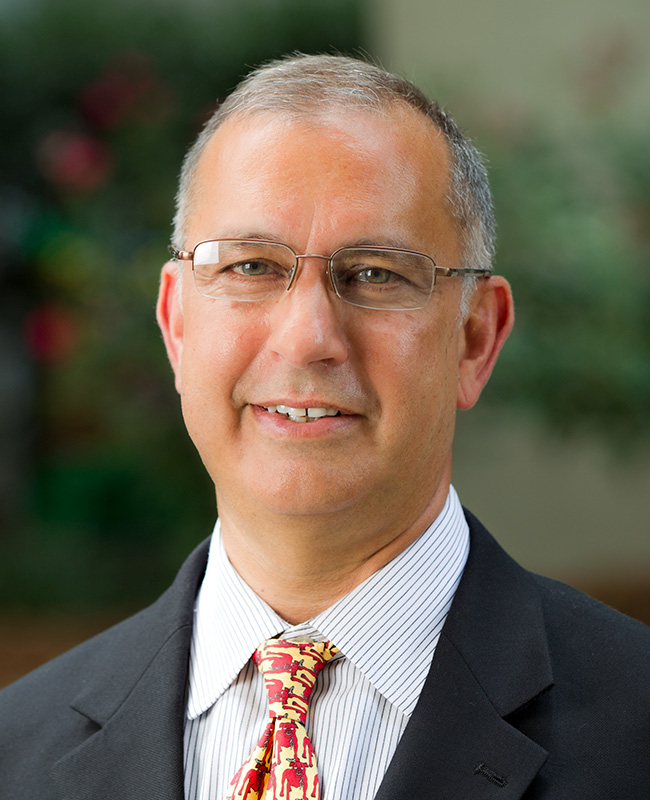
Clinical Professor of Law
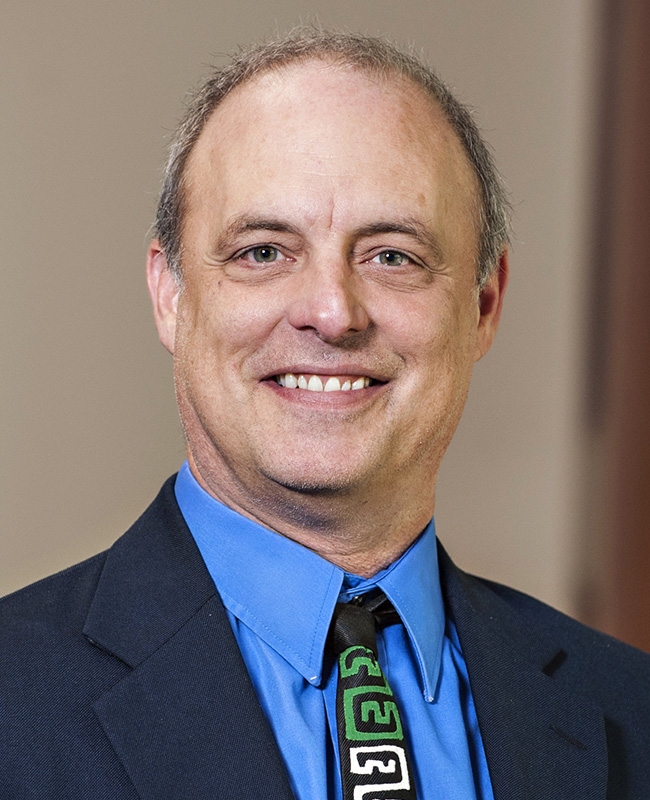
Needham Yancey Gulley Professor of Criminal Law
Related Pathways
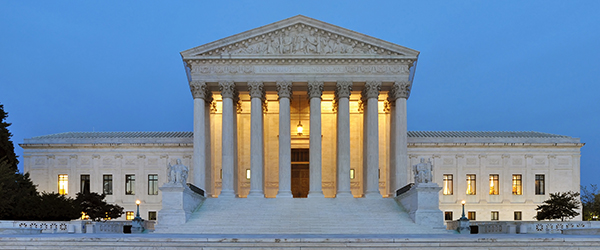
Appellate Advocacy

Dispute Resolution
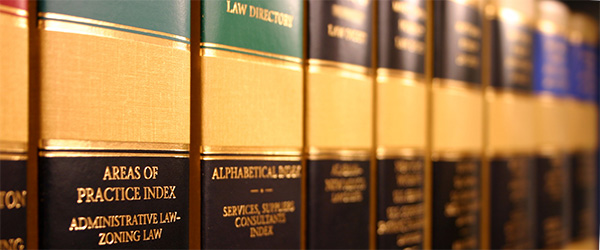
Law Firm

Government
